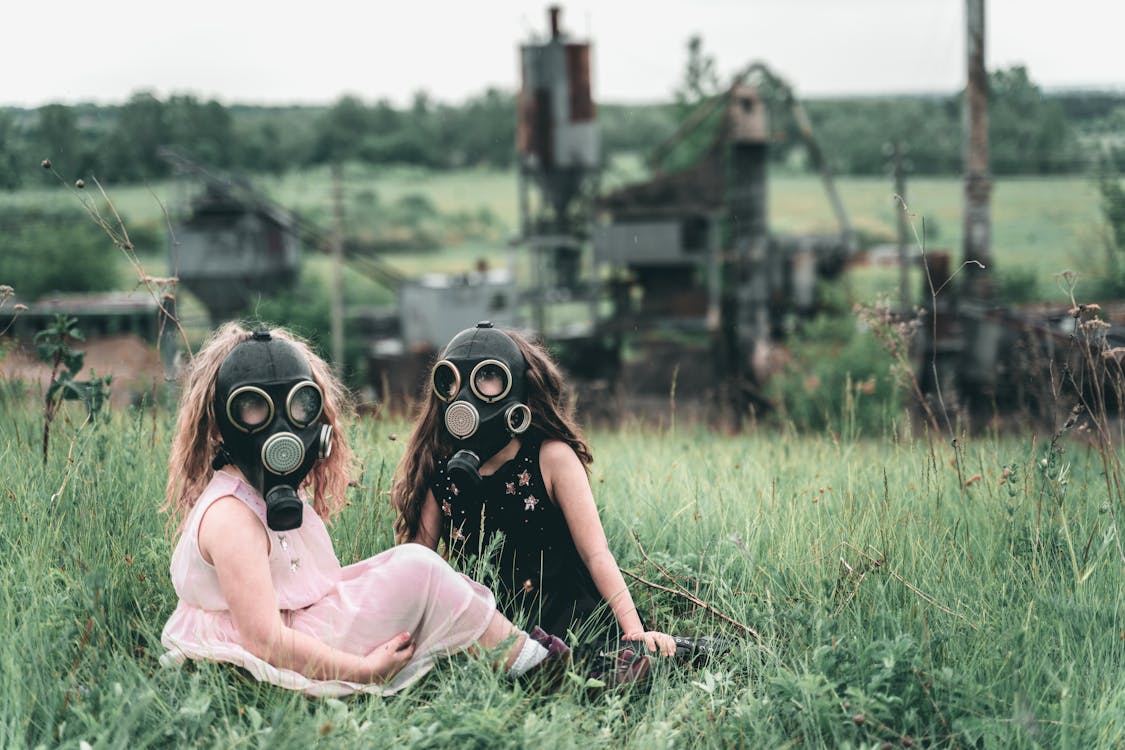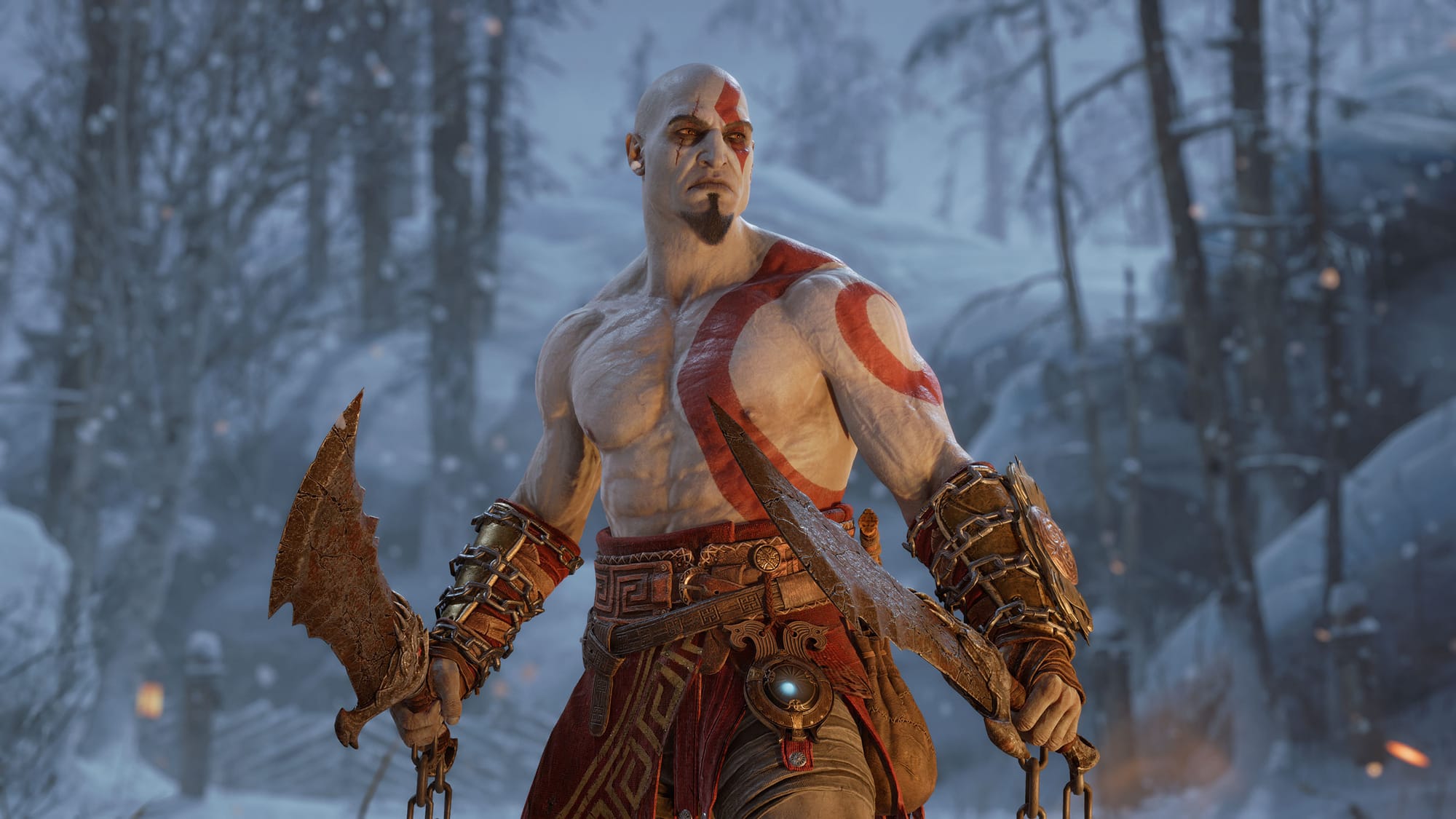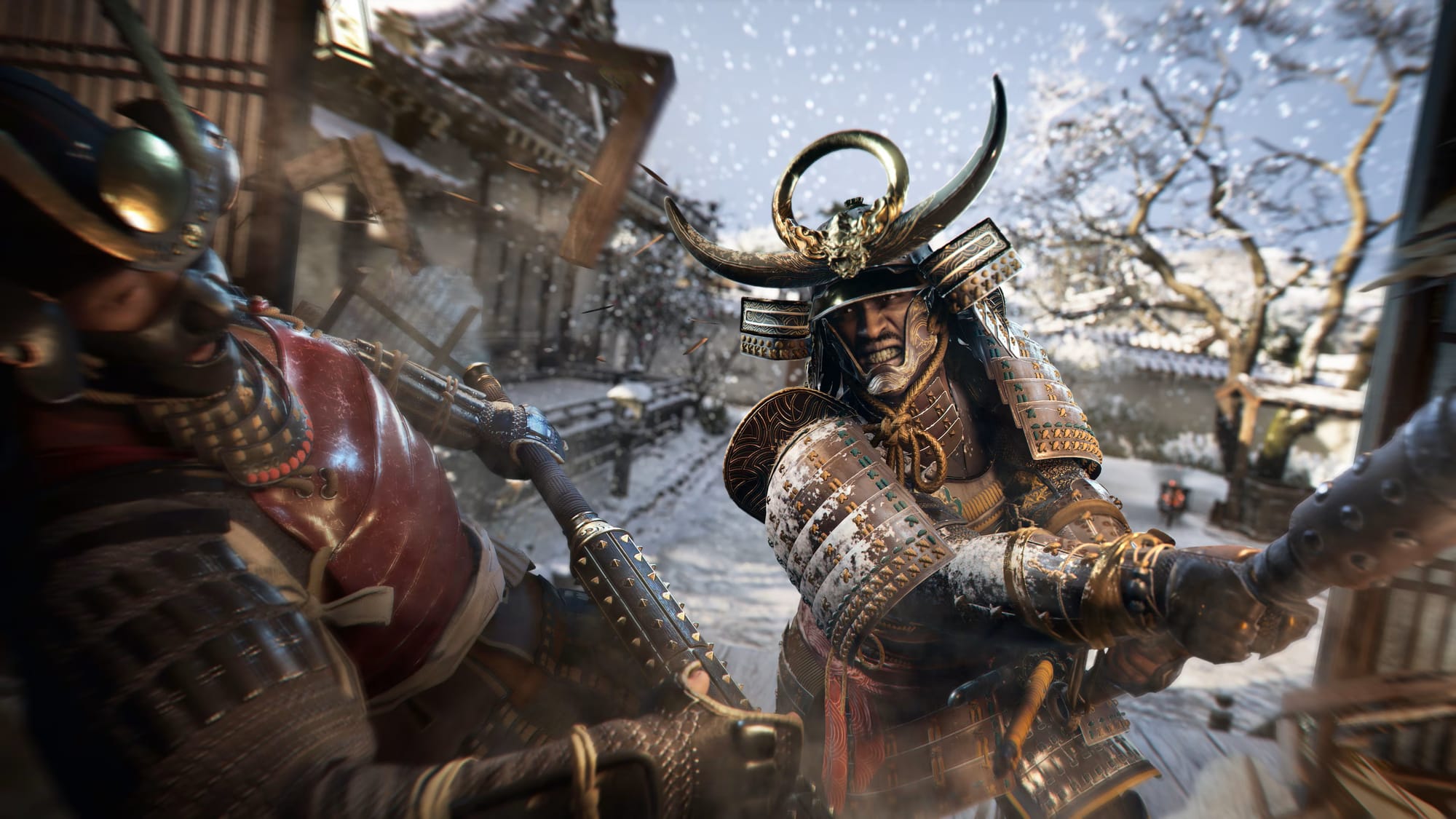August and everything after | A Decade Down The Road

When I was doing the 10 years ago this month column at GamesIndustry.biz, there were two months I had mentally circled on the calendar for upcoming columns, one I was eagerly looking forward to and one I was absolutely dreading.
The happy one was going to be August of 2025, when the column itself would turn 10 years old and I would be able to add a new "20 Years Ago This Month" section assessing my old columns to see if hindsight really was 20/20, or if I spent entirely too much time being smugly dismissive of trends that had come back around into fashion or failed Next Big Things that just needed a little more time to hit their stride.
But to get there, I was going to have to get past the August 2024 column, which was always going to be about Gamergate, a miserable, shameful chapter of gaming history that we still haven't properly reckoned with.
But then I was laid off in May and both those columns were suddenly taken off my plate. But now that August is here and we're finally 10 years out from the beginning of Gamergate, I'm a little shocked to find myself choosing to write about this even though nobody is paying me to. The biggest takeaway from the whole sad affair is one I actually covered a couple years ago, when a man who credited Gamergate with sending him down a right-wing conspiracy theory rabbit hole that ended with him breaking into the home of US House Speaker Nancy Pelosi and attacking her husband with a hammer.
In short, the game industry's response to an organized hate campaign within its player communities was woefully inadequate, especially coming after years of vocal assurances toward marginalized people that there was a place for them in games as both players and developers. Gamergate gained traction because of whatever mixture of apathy, bigotry, and cowardice guided gaming's collective response, and the industry's failure to properly take a stand accelerated our current problems with right-wing extremism and stochastic terrorism by validating them as effective tactics.
That's not to say responsibility for that failure was spread equally. Take the press, for example. While massive consumer sites like IGN and GameSpot were shamefully silent on the hate campaign for months before releasing the mildest of statements suggesting only that harassment is bad, there were sufficient outlets offering clear-eyed reporting about what was happening that people in the industry had the information they needed. The problem was that the industry's most visible and influential institutions chose not to act on that information.

It was actually a lot like the US presidential election of 2016. You could write a book about the multitude of ways the media failed its readership in that race, but there was plenty of reporting about Trump's words and actions that absolutely would have been disqualifying in a functional society. If the job was to tell you who the candidates were, the press absolutely did that 100%.
But that's the thing about an independent press. It is part of a societal immune system: powerful to a point, but only indirectly. It can bring attention to something sketchy or crooked, but it cannot actually impose binding consequences. The press can raise the alarm about what's happening on a company's platforms, but it needs that company to actually take action before the worst comes to pass.
It can tell us all about crimes and corruption, but the press needs entities that have direct power to actually clean things up. It needs government agencies to impose penalties. It needs shareholders to pressure irresponsible leaders to step down. It needs trade groups to organize their members and send a unified condemnation of misogyny and bigotry on their platforms. It needs publishers that don't have to be dragged kicking and screaming into saying anything about the horror show unfolding in their midst, and when they finally break their silence, it needs them to take a bolder stance than "harassment is bad."
The press can lob the ball for an alley-oop, but it needs someone else to finish the dunk. What we saw with Gamergate, and what we have seen in US politics over much of the past decade, is a succession of perfectly jam-worthy lobs to LeBron James-size institutions seemingly hellbent on never issuing a richly deserved posterizing.
Putting aside a handful of instances of overt corruption, the reasons these institutions refrained from bringing the hammer down largely fall under the same ABCs we saw in Gamergate (apathy, bigotry, cowardice), but in not taking action against these transgressions, they were actively furthering the goals of the transgressors. By not responding to unprecedented violations of norms, they have erased those norms and set new precedents. They have normalized the abnormal, and made ideas that were once largely settled – equality is good, Nazis are bad, the US president is not above the law – into fresh new matters of public debate.
And that's why the decision to cover or not cover things like Gamergate can be quite tricky for the press. If you bring everybody's attention to violations of norms and the people in a position to do something about them choose not to, all you've done is helped to normalize fringe behavior.
So when a group of reactionaries claimed the Gamergate 2 mantle earlier this year, that was my concern.
(For the blissfully unaware, Gamergate 2 is a group of people who don't understand who makes games or how they are made, but they're pretty sure that a small narrative consultancy company Sweet Baby Inc. is actually a massively influential outfit that literally forced women and minorities into games like Spider-Man 2, God of War: Ragnarok, and Alan Wake 2. A Steam group sprang up devoted to finding games that Sweet Baby worked on, giving users upset about "woke this" or "DEI that" a list of targets for review bombing, harassment, or what have you.)

My first instinct editorially was to ignore them because I did not have faith in the games industry to respond appropriately, and I did not want to legitimize concerns about having characters in games that aren't white dudes, as if that were a position anyone should take seriously or believe was taken in good faith.
I also thought back to a rule of thumb I had adopted after years of seeing trifling nonsense become big news in games: Outrage is not news, in and of itself.
If the matter people are outraged against is not sufficiently newsworthy as to merit its own headline – for instance, Destiny 2 making shaders into consumables or the puddles in Spider-Man looking a little different in the final game than they did in the trailer – then the outrage is not newsworthy either, at least until it prompts something to happen that is newsworthy.
Thankfully, Gamergate 2 never made it to that threshold. Even though the Overton Window has shifted so drastically in the past decade that Florida is teaching middle schoolers that slavery was good for slaves, Gamergate 2's open aggression toward women and minorities did not find the same traction that its predecessor did, despite having its message amplified by right wing "thought"-leaders like Elon Musk and Libs of TikTok instead of the original's reach, which topped out at someone I wanted to call "the worst Baldwin brother," but it turns out he's not actually related to them.
Despite such endorsements, the damp squib of Gamergate 2 couldn't match the effectiveness of its predecessor, which scored victories like Intel pulling advertising from Gamasutra after the site ran a scathing editorial in response to the first weeks of the hate campaign. (Intel would resume advertising a month later.) And after a Gawker writer tweeted that we should "bring back bullying" in response to the original Gamergate, the howling mob convinced Mercedes-Benz to pause ads on the network the site used, and got Adobe to similarly distance itself from the outlet.
Contrast that with the impact of Gamergate 2. The initial response Sweet Baby Inc. received from its business partners was not them cutting ties or throwing the consultancy under the bus, but to offer support against the harassers, both publicly and privately.
Ubisoft's Assassin's Creed: Shadows has also drawn the ire of Gamergate 2, largely for its decision to have a Black samurai as one of the co-leads of its first mainline entry in the series set in Japan. You see, they're upset because the video game franchise where every person's DNA contains an interactive recording of their ancestors' lives might be calling a character a samurai when he was technically a retainer. (Historians and other media have commonly referred to this person, Yasuke, as a samurai, so even if we were to agree that was true, this distinction is at best a pedantic footnote, a transparent fig leaf so these people don't have to come right out and say "This isn't about us being racist; it's about [insert euphemism for racist thing here].")

And while Ubisoft's bizarre response to the backlash doesn't slap it down with the vigorous gusto you might like to see, it also doesn't suggest the company is changing Yasuke's role in the game or depicting him as anything but a samurai. The note is also not addressed to reactionary chuds, but to "our esteemed Japanese community." I don't know why a message directed specifically to the Japanese community would be posted in English on the US Ubisoft website, but at least it doesn't flatter the people fanning the flames of racist outrage as deserving a direct response.
Yes, the racists and misogynists are still around, and they're still very mad. And yes, it's still depressing every time we have to deal with their outrage at not being treated as the center of the universe, their contempt for the idea that the games they play, the industry they support, and the world they live in would dare to grow, to not be stuck forever in amber as a monument to the non-existent time when horny blood-thirsty boys were the only audience playing games.
But the world keeps growing, and despite the many ways Gamergate's harmful ideology remains relevant and far too close to the levers of power, I believe the world is slowly getting better at dealing with this rabble and adapting to its tactics.
And that's really why I was able to finally write this column I dreaded for so long, to remind people (myself included) that progress is possible, that things can get better, and that the fight against intolerance yields results, slight and late in arriving though they may seem.